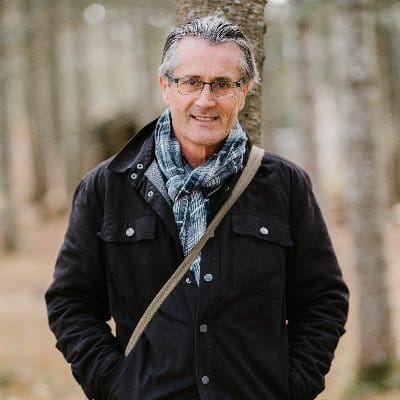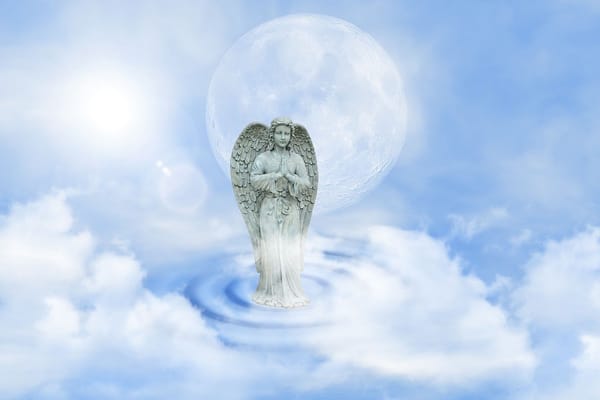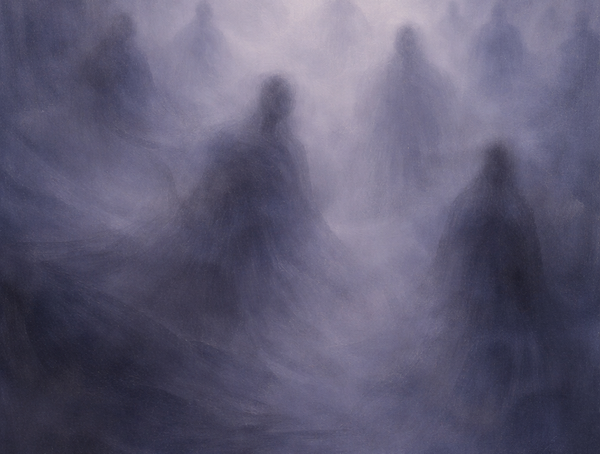The New Poverty: When Thought Has No Value



What happens when the economy excludes the soul.
The soul is not just some abstract thing, an idea, or an illusion created to conjure the fear of death throughout the ages. It is on the contrary something observable. However, to observe it, the boundaries, or the very definition of what is "knowable" and what is not, is at stake. It is therefore also a fundamental question, one the re-shifts the very definition of civilization, in its current form.
Civilization is build on the very notion of "reality." How reality is defined forms the context of history up to this day. This definition of reality has changed over time, because the conditions that made up reality, including the very way to perceive it and acknowledge it have changed. An evolutionary process is indeed at work, bring humanity, and the world, from one stage to another, hereby metamorphosing through various forms.
What does this mean concretely. Concretely this means that humanity today, and since several centuries, lives within a definition of reality, where, for something to be real, it must be measurable, with mechanical tools, for as far as measuring of width, breadth, depth, weight, etc, requires mechanical tools. These tools are deemed "reliable" because they stand in stark contrast with "the human" being, seen as a "subjective" being. Only what can be touched is real and tangible, in this view.
"Knowing" became the subject of inquiry and much speculation, and some philosophers or scientists stand as the heirs of the milestones that defined modern scientific standards. One such monument of cognition was Emmanuel Kant (1724 – 1804). For Kant inherited the at that time omnipresent stance of what knowledge meant. Knowledge at that time, and more so the previous centuries, belonged to the elite, was written and accessible only in Latin, and was more often than not the adage of the clergy, because knowing the world, was at that time still strongly felt as knowing Divine Creation. God, and the world, as his creation, were inseparable.
The human being, within this Creation picture, was a being that had Fallen --which indeed was so– from a previous condition, still united and hulled in a Divine context. The human being was eventually seen as a sinner, because of this Fall, one in need of redemption, having indeed abused of the Tree of Knowledge, portrayed in the Paradise story as related in the Bible. Knowing was reserved to "more evolved" individuals who could safely guide society, as society in the Middle Ages could sometimes sink far into excesses. The 10 Commands were a beacon, a safeguard, for souls void of knowledge, of the overarching view of meaning, handed over as it was to upper strata.
In this whole context, knowledge, or higher knowledge could not be accessible to everyone, and for Kant, "knowing God" or the Ultimate Causes, was, just like the Church, considered presumptuous. There were thus certain limits, beyond which normal cognition couldn't reach. Kant showed that human understanding could not be trusted. He mentioned the experiment with the two pales of water; one filled with extra cold water, the other with lukewarm water. Putting the hand first in the ice-cold water for a while, then in the lukewarm water made this one seem as if hot.
This was "proof" of the subjectivity of human cognition, and one of the reasons why "knowing" was outsourced to outside measuring instruments. The human inner world received henceforth the label: no entrance -subjective! In fact, it was considered from that moment on, that the inner world was in fact not real at all. This was a last stab in a long range of dismantling attempts throughout history..
A case of exception --with the pale experiment– was made into a general rule.. It was entirely forgotten, how the human being could do all that he did, namely build civilization at all, with everything, with absolutely all its features and aspects. From taking a glass and filling it at the tap and drinking it, to building and inventing complex machines and items as they appeared throughout the history of civilization, all this needed to come about through inner activities within the inner world, and especially that activity so elusive to observe, as is human thinking, human cognition.
Now hereby, by rendering this inner world subjective, and making it disappear at all, the soul itself was removed from the picture, because the soul is none other than this inner world. It is a world with no physical properties at all, although in many aspects it relates to the physical world. The spiritual component had already since long been moved out of the picture, now it was the soul's turn. Rather than seeing the physical as a product of the soul, so that the soul can manifest in the physical, the soul, or at least its "functions" were seen as an unreal reflection of physical processes. And today, this process goes even further: it is no longer physical, physiological or biochemical processes which form reality, at least human reality, now reality is seen as mere digits, as vibrations, forces and energies, of the most elementary kind.
This makes then for a world that rests on an illusion, a misinterpretation, which leaves cognition, and the sciences, with a mechanistic reductionist world. This world is half true, and half terrible wrong and distorted. And today the case is being made of civilization, where many have a sense: this is all a lie; we have been lied to.
It remains to be seen where and how, also why at some point this had sense and meaning. While humanity needed to "incarnate" and to fully develop its own strengths within a world, a context void of higher worlds, which are ever present, but which withdrew to the background, allowing human beings to develop freedom, individuality, and love. Unravelling the true from the false requires some time, and a yardstick has to be found, in terms of one anchoring in the inner world, and therefore entirely transparent through and true. This yardstick is the inner world itself, but above all, within it, thinking, as the cognitive and perceptive organ par excellence.
Once thinking becomes observed, as seen for what it is, a tool to truly understand and make sense of the world becomes available..





